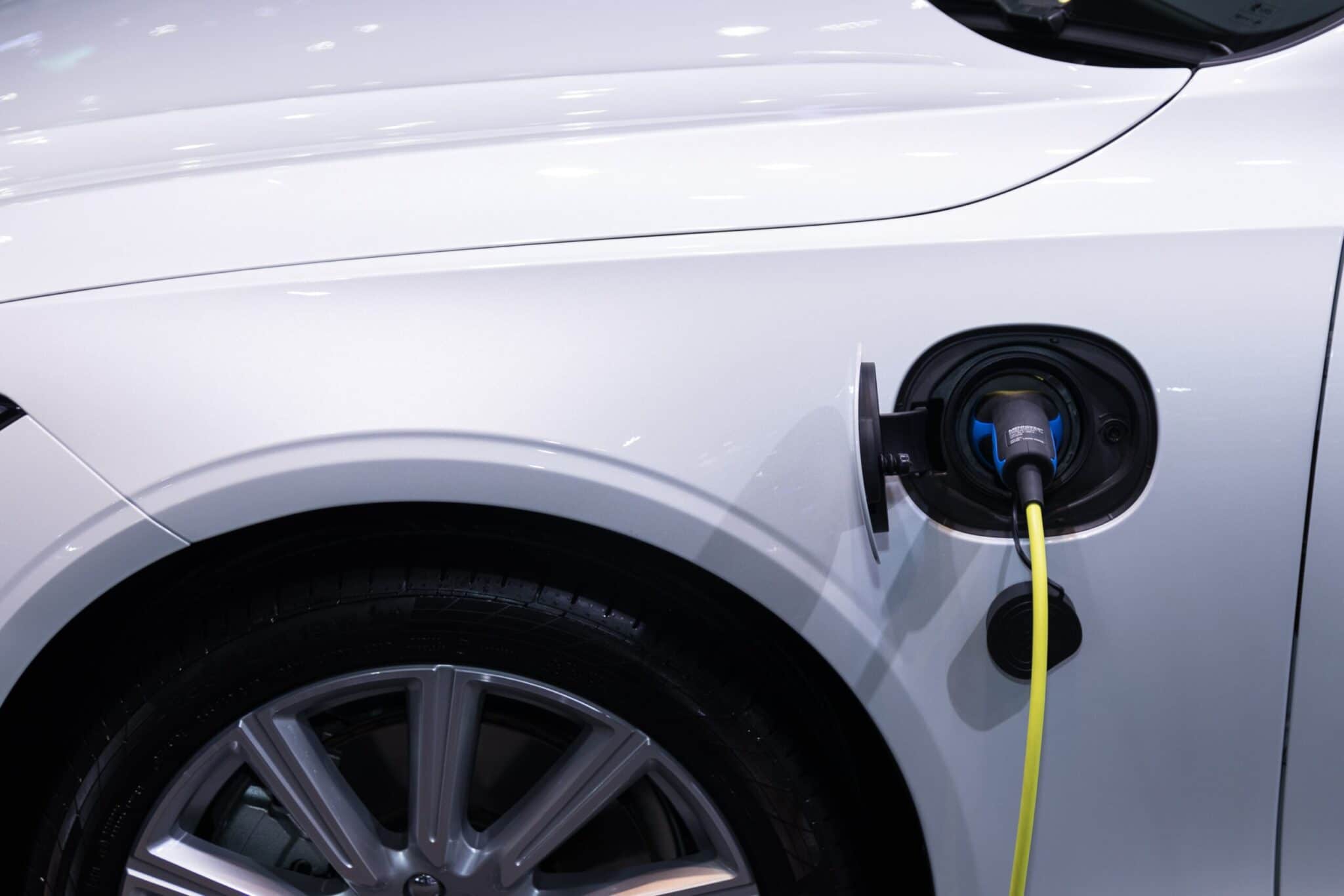Chief Minister Arvind Kejriwal had in 2020 described the policy as a step towards reducing pollution levels in the city.
In August 2020, the Delhi government launched the Delhi Electric Vehicle Policy with an aim to drive the transition to Battery Electric Vehicles, so that they contribute to 25 per cent of the total new vehicle registrations by 2024. Chief Minister Arvind Kejriwal had then described the policy as a step towards reducing pollution levels in the city.
An aspect of this policy is the creation of Electric Vehicle charging infrastructure to support this transition.
Delhi’s power minister Satyendra Jain announced last week that in the first phase, the government aims to install 500 Electric Vehicle (EV) charging points at 100 locations, and, as per the Delhi Electric Vehicle Policy, new constructions shall have EV chargers in 20 per cent of its parking spaces, and those with more than 100 parking spaces shall reserve 5 per cent for such chargers.
What are the EV charging bays to be built in Delhi?
In phase 1, 100 electric-vehicle (EV) charging bays and battery swapping stations, each with the capacity to charge 5 vehicles are set to come up in 100 locations, most of them in land owned by the Delhi Metro Rail Corporation (DMRC). These shall be within 3 km of each other and come with a minimum output of 3.3 KW.
The nodal agency for the project is the Delhi Transco Limited (DTL), which has invited bids from private agencies for the same.
Moreover, as per the amended building bylaws, private charging points that must be installed in 20 per cent of all parking spaces in all new constructions, and 5 per cent of parking spaces offering more than 100 spaces for parking for already constructed areas. These are being targeted to be completed by December this year.
In addition to these, several locations are being readied by the municipal corporations as well.
Who would build them?
Jasmine Shah, vice-chairperson of the DDC said , “The tender to the company(s) who shall set up the charging points shall be awarded in April. The other party, as per the PPP model, shall set up the charging stations and recover the cost of it via the service fees that they shall charge. The company offering the lowest service fee charge will be preferred for the award.”
For the pre-bid meeting held in March, 67 entities showcased their interest, said Shah.
As per the tender document, “the Bidder shall be responsible for supply, erection, testing, commissioning and maintaining at his own cost the Electrical Vehicle Charging Station and all other works required for the execution and functioning of the Electrical Vehicle Charging Station.”
What governmental support shall be provided?
The Delhi government shall provide the electrical infrastructure and ensure the bays are connected to the grid. “The government shall foot in around Rs 10 crore to ensure that the electricity network is in place and it is connected to the gird with adequate load,” said Shah.
The government of Delhi shall provide Rs 6,000 for the first 30,000 of slow charging points for the private charging stations that must constitute 20 per cent of all parking in new constructions and 5 per cent of all parking of those plots with more than 100 car parking capacity.
These provisions are a part of Delhi’s Electric Vehicle Policy.
Source-IndianExpress









